
The Booker Longlist announced this week has seen an unlikely battle emerging for one of literature's most coveted prizes between some of fictions finest writers and a book purporting to be the biography of the chimp from the Tarzan movies of the 1930s & 40s.
The 13 strong longlist features two former winners JM Coetzee, who won in 1983 with The Life and Times of Michael K and again in 1999 with Disgrace and AS Byatt, who won the 1990 prize with Possession.
Four previously shortlisted authors are also named on this years longlist including Colm Toíbín for Brooklyn; William Trevor for Love & Summer; Sarah Hall for How to Paint a Dead Man and Sarah Waters for Little Stranger.
First-time novelists Samantha Harvey, James Lever & Ed O'Loughlin are also named on this years longlist. But perhaps the strangest book to be nominated in recent years is Me Cheeta by James Lever, originally published purporting to be the autobiography of the hard-living chimp movie star it surprised many to see the book nominated for a major fiction prize.
In Ireland however, most attention will be on our trio of nominees - Colm Toibin, William Trevor and first-time novelist Ed O'Loughlin. Many would feel that this year may be the turn of Toibin or Trevor, both having been previously shortlisted two & three times respectively, but they face serious competition from JM Coetzee, who is the early favourite with Summertime.
The shortlist will be announced on the 8th of September and the winner will be revealed on the 6th of October.
Full Longlist:
AS Byatt - The Children's Book
JM Coetzee - Summertime
Adam Foulds -The Quickening Maze
Sarah Hall - How to Paint a Dead Man
Samantha Harvey - The Wilderness
James Lever - Me Cheeta
Hilary Mantel - Wolf Hall
Simon Mawer - The Glass Room
Ed O'Loughlin - Not Untrue & Not Unkind
James Scudamore - Heliopolis
Colm Tóibín - Brooklyn
William Trevor - Love and Summer
Sarah Waters - Little Stranger
[PC]


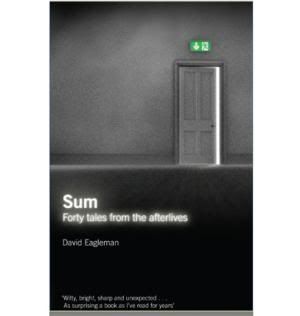
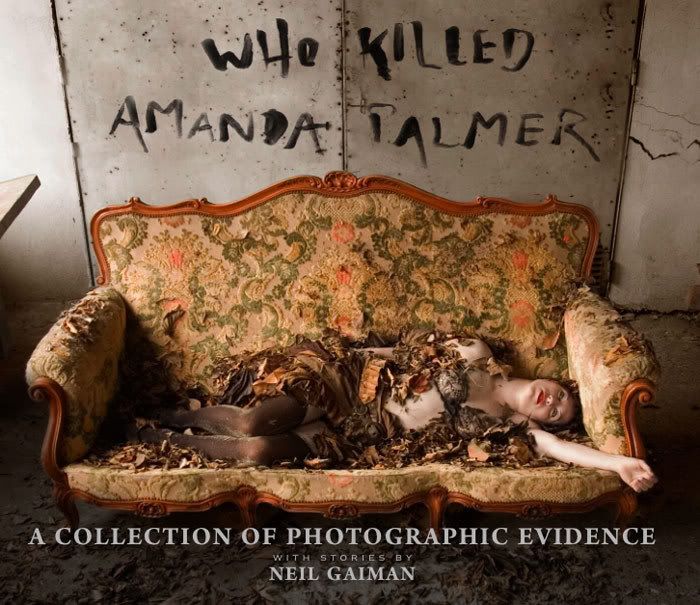

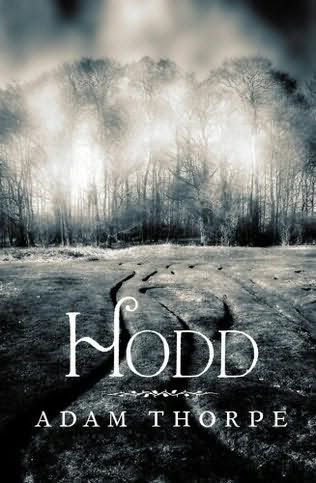


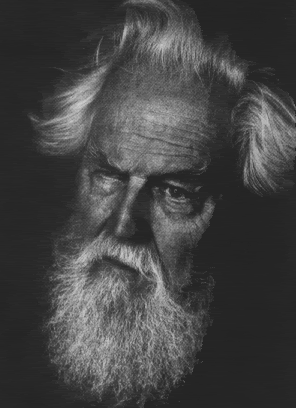
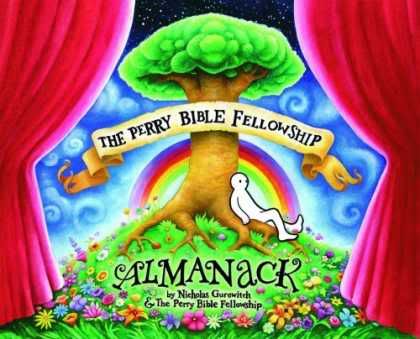
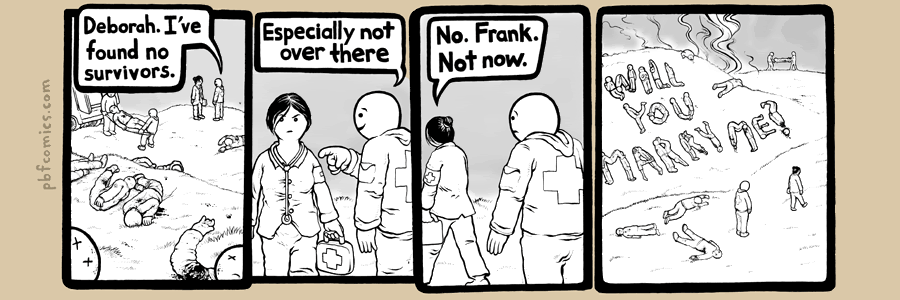 The Perry Bible Fellowship was easily one of the funniest and strangest comic strips online, a popular and critical darling.
The Perry Bible Fellowship was easily one of the funniest and strangest comic strips online, a popular and critical darling.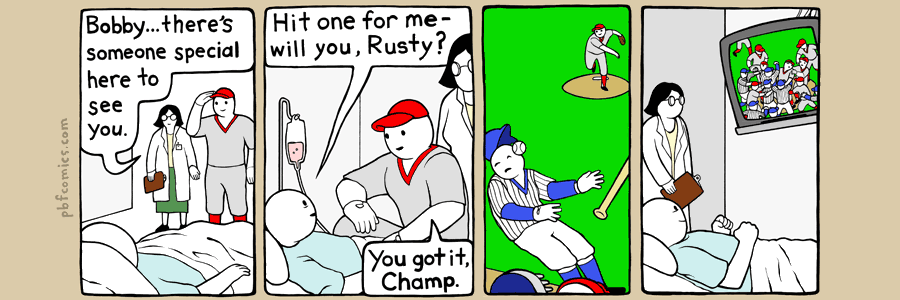 Luckily Dark Horse stepped in, taking the initiative of collecting all the comic strips in one handy volume.
Luckily Dark Horse stepped in, taking the initiative of collecting all the comic strips in one handy volume.
